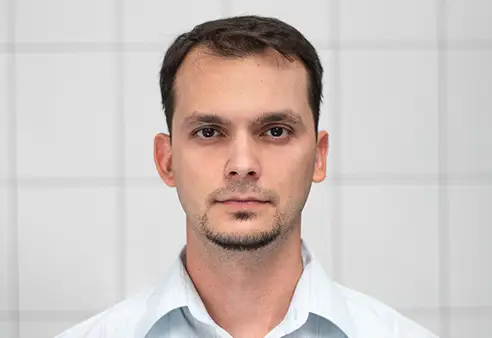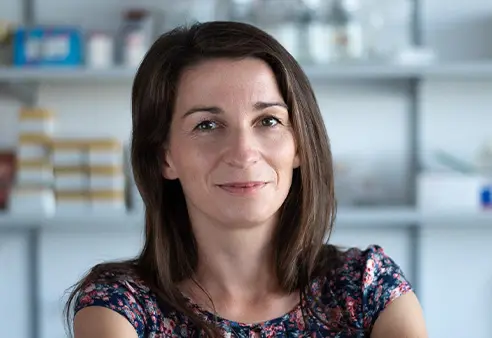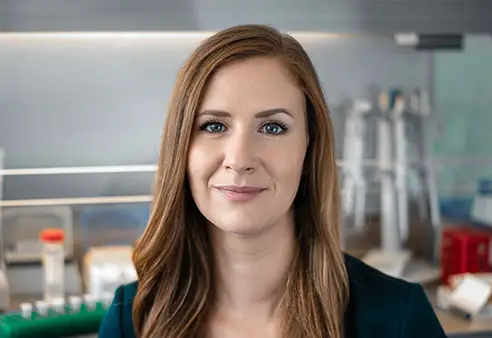Ing. Libor Trško PhD., works at the Research Centre of the University of Žilina. He is the head of the Transport Materials Research Division, where he leads a group of young researchers. His main focus is materials engineering, especially the area of material limit states. Together with his team, he researches the influence of nanocrystalline surface layers on the fatigue properties of construction materials.
"Material fatigue" is the weakening of material caused by cyclic loading. The aim of Libor Tršek and his team’s research is to increase the fatigue life, and thus the safety of components used for applications where there is a cyclic stress on components. The solution is grain refinement, more precisely, crystals, using methods of intense plastic deformation, making the material more durable and safer. It can be used mainly in transport, but also in the production of material handling equipment, production machines and various constructions. As part of their research, they also cooperate with the Technical University of Milan and the Institute of Physics of Materials of the Academy of Sciences of the Czech Republic in Brno.
"As one of the few workplaces, we are able to make high-frequency fatigue of materials happen. This means that we can strain the material up to 20,000 times per second. For instance, if a machine is exposed to a million load cycles in 10 years of continuous operation, and if we wanted to perform one-to-one tests, we would also have to do them for 10 years. Instead, we can do them in the matter of minutes to hours," explains Libor Trško.
Libor Trško transfers the results of this research into practice when cooperating with manufacturing companies. In 2015, he obtained a utility model for a spherical chamber for surface layers ultrasonic nanocrystallisation of construction materials. Most currently used methods of surface layers nanocrystallization are based on plastic deformation of the surface layer in only one direction. With such uniaxial deformation, surface grain refinement is less effective. Libor Tršek's spherical chamber works on the principle of multi-axis plastic deformation, which ensures more efficient grain refinement of the surface layer.
Libor Trško earned his PhD degree at the Department of Materials Engineering, Faculty of Mechanical Engineering, University of Žilina. Since 2013 he has been working at the Research Centre of the University of Žilina, and since 2018 he has been a member of a team of materials specialist at Danfoss Power Solutions, which focuses on the development and production of components for hydraulic systems.
"Materials engineering is a fascinating field, because it requires application of knowledge of design, production technologies, physics and chemistry. At university, I met great people who completely got me involved me in this field. We created a really good research group, within which we helped each other and grew together.” He considers the following people his greatest inspiration: his dissertation chair, Professor Ing. Otakar Bokůvka, PhD., director of the research centre Prof. Ing. Branislav Hadzim, PhD., his colleague Doc. Ing. František Nový PhD., and his friend and a colleague at the research centre Ing. Filip Pastorek, PhD.
He likes to spend his free time by doing reportage-documentary photography and literature. He likes to listen to heavy metal music.



